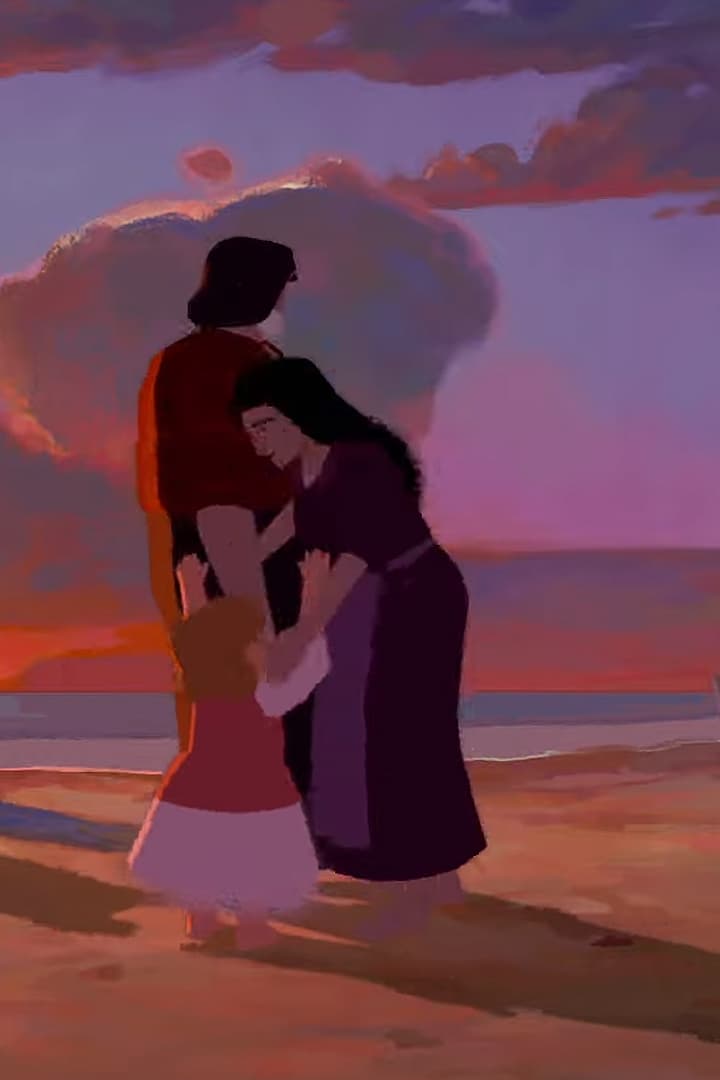
The sea can be many things; provider of food and work, playmate or harbinger of death. Set in the 1950s in the fishing town of Nazare, the ocean takes different shapes as it interacts with each member of a small family.
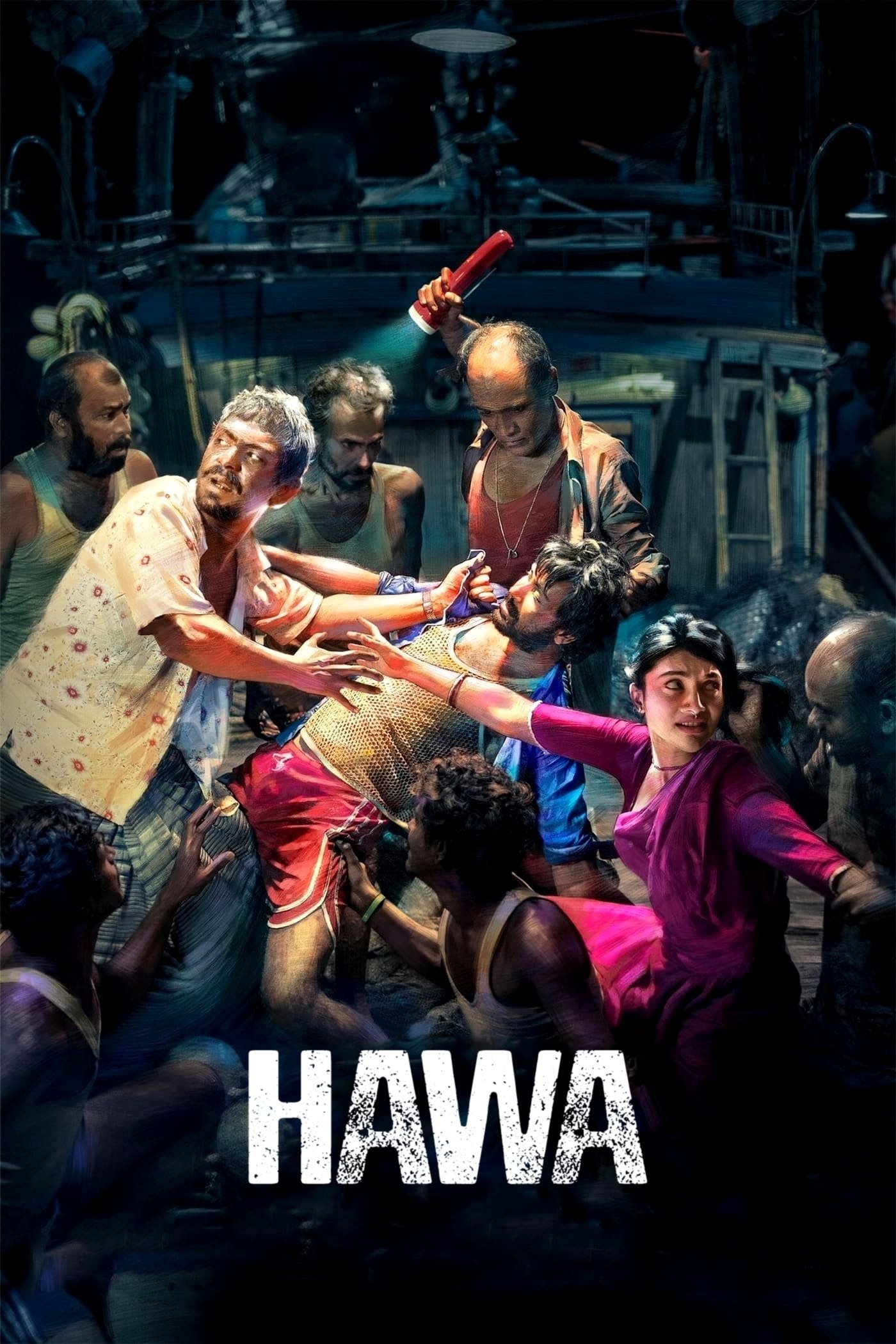
When eight sailors onboard their fishing trawler find a mysterious girl mid-sea, ill fortune falls upon the boat as they don't catch any fish the next few days. The fishermen try to make it back home, although the sea has other plans for them.
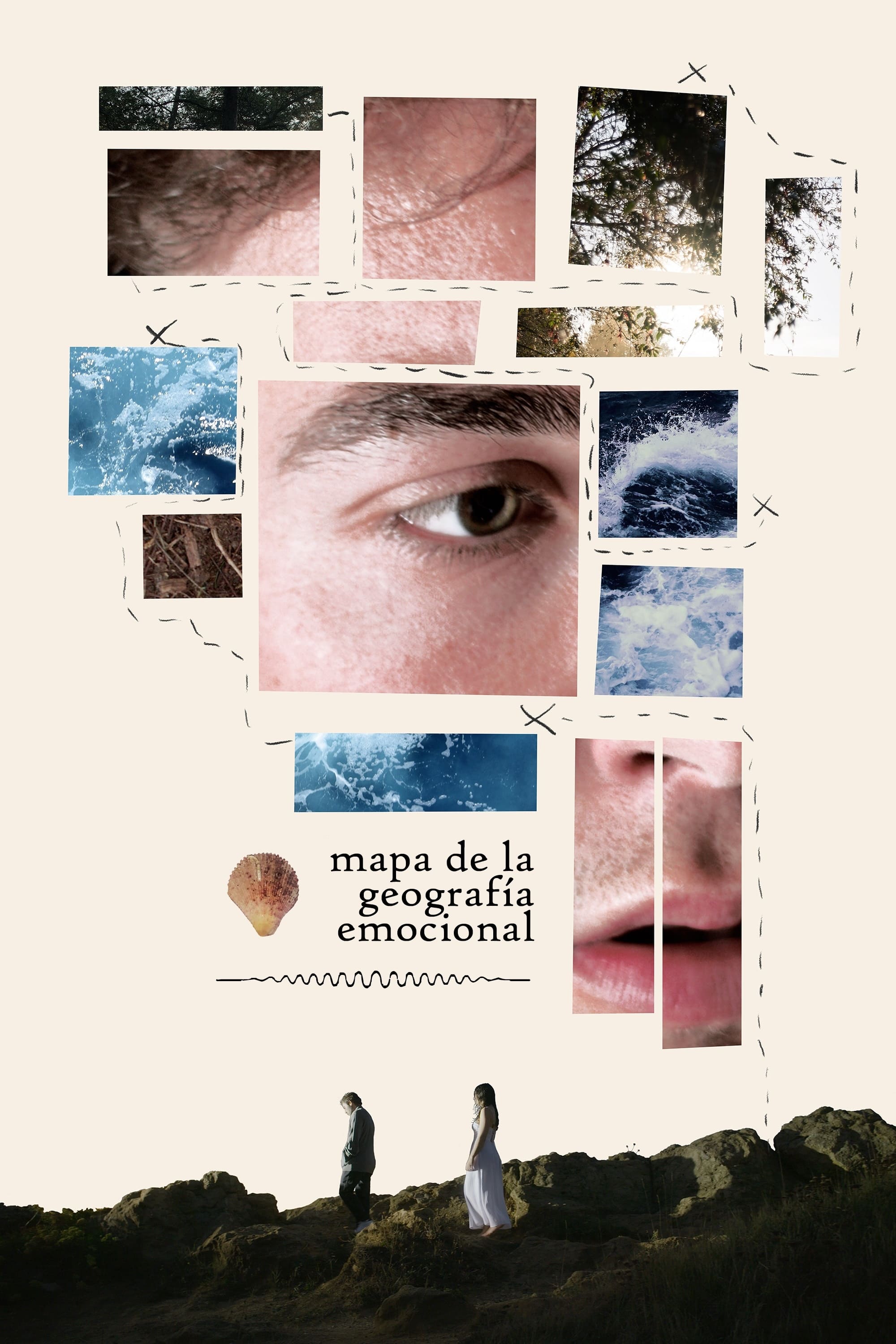
A reflection on love and identity with detours towards magical realism, which winks at the oral tradition of coastal populations and introduces us to Leo, a young 21-year-old sailor who revisits his relationship with Jimena after his great-aunt reminds him of his favorite myth from when he was a child: the story of the nereids.
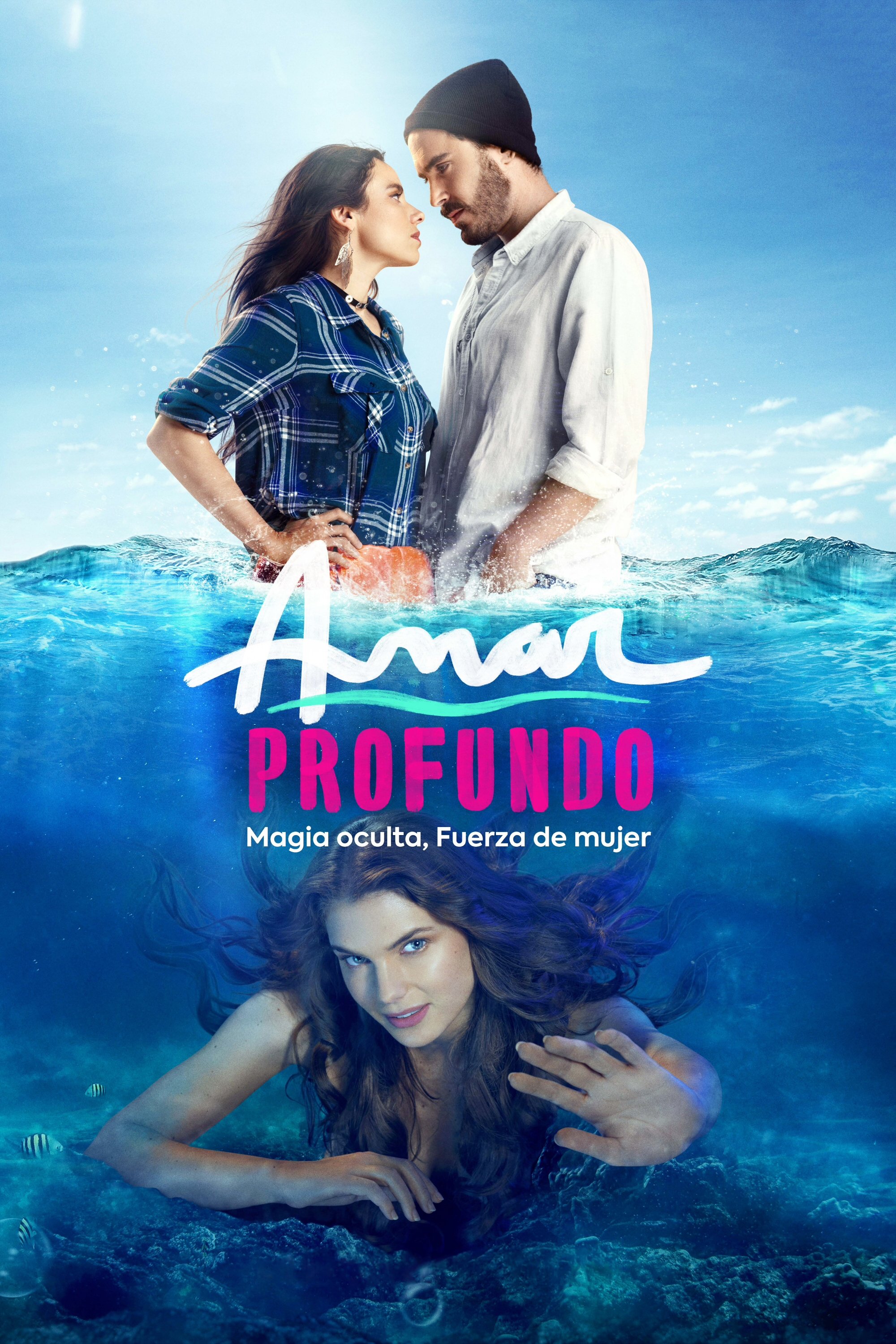

This short film focuses on the Bajo of Southeast Sulawesi, Indonesia, highlighting their strong bond with the sea and the challenges small-scale fishing communities face. Impacted by overfishing, pollution, and biodiversity loss, they are struggling to survive.
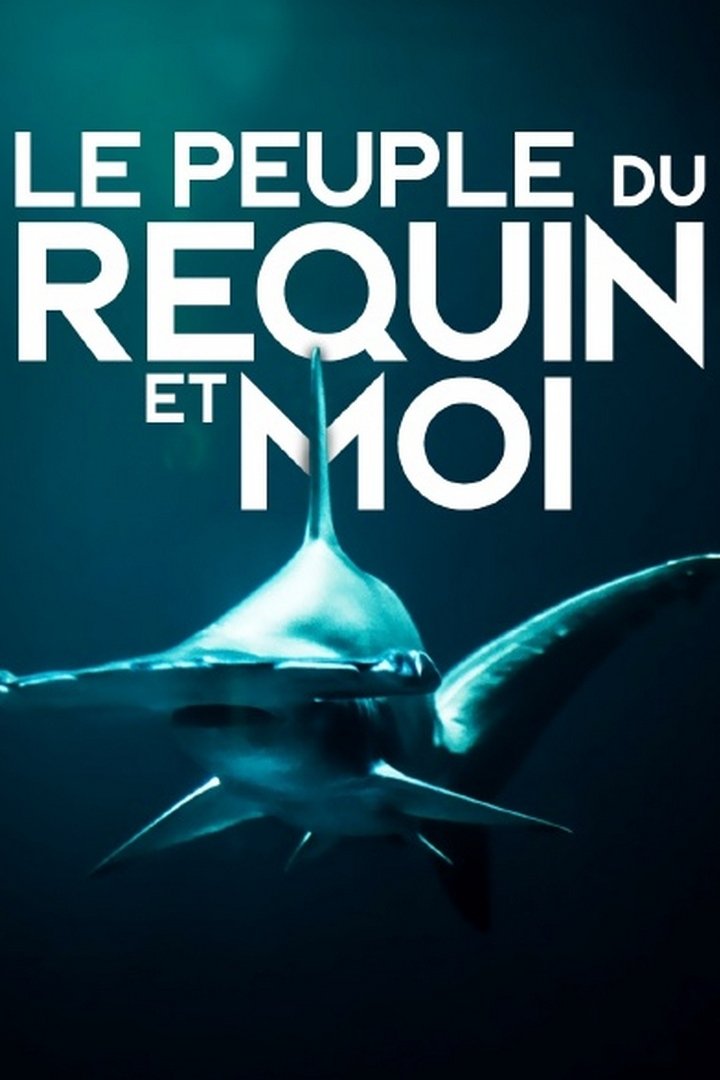
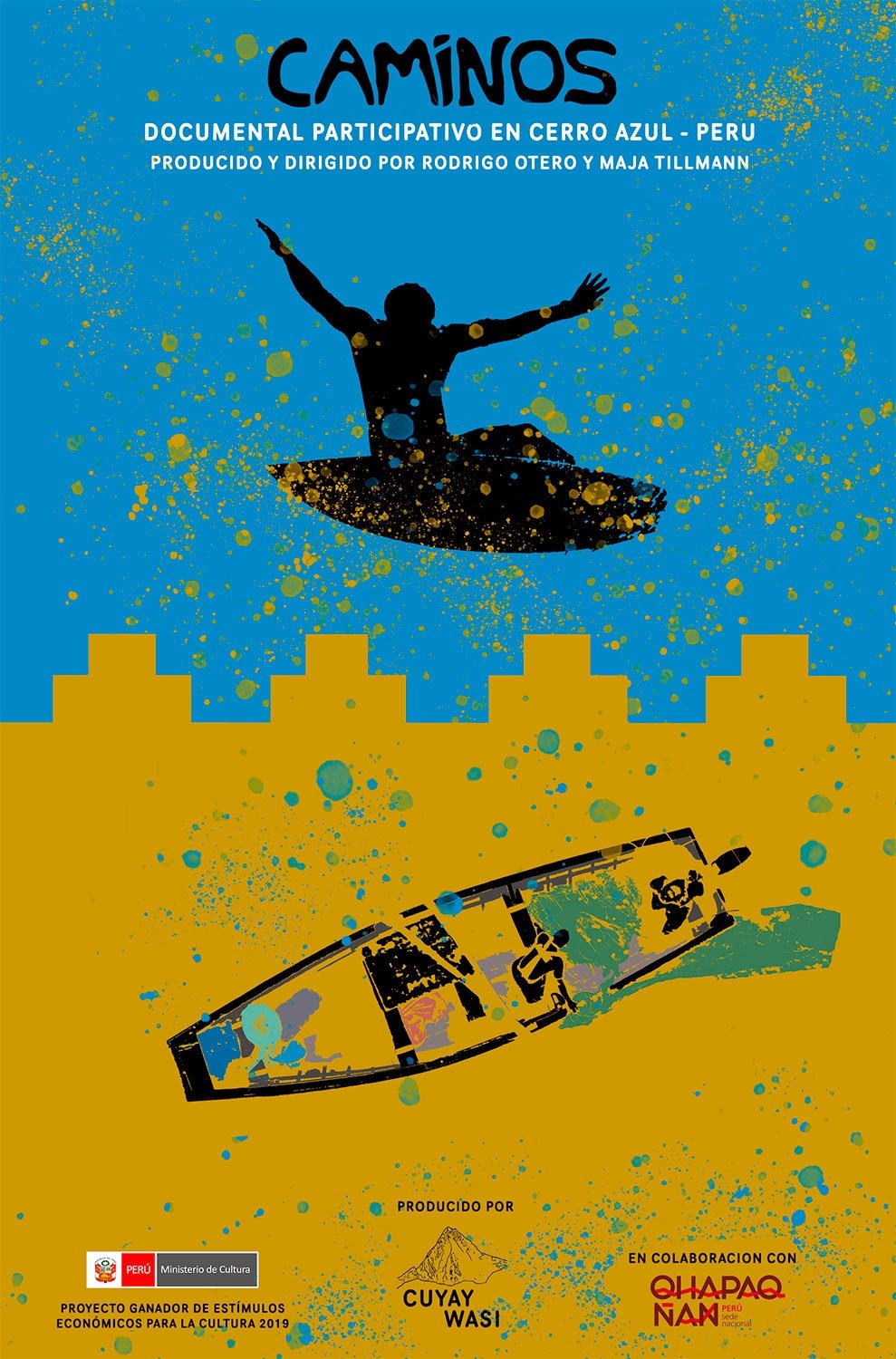
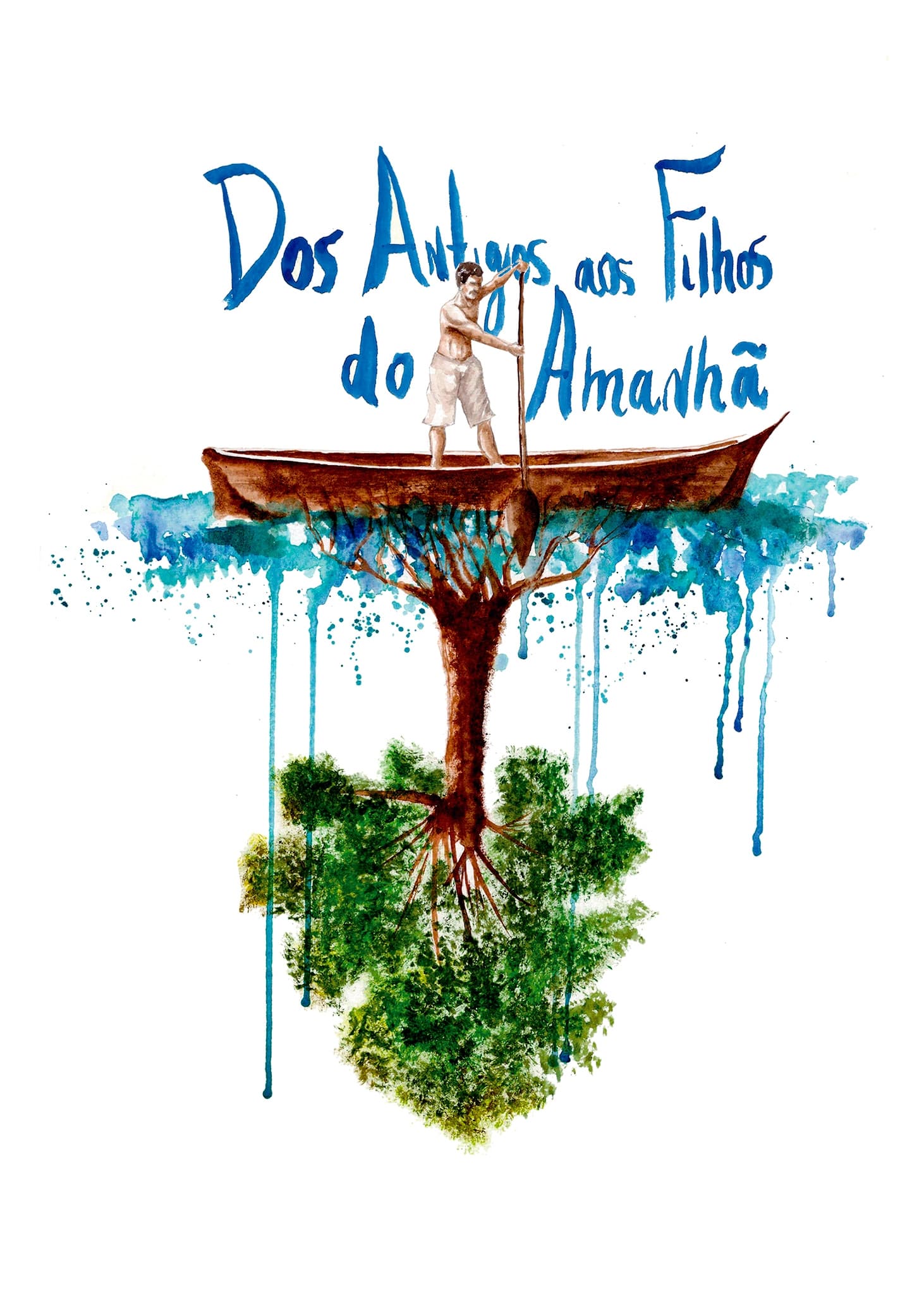
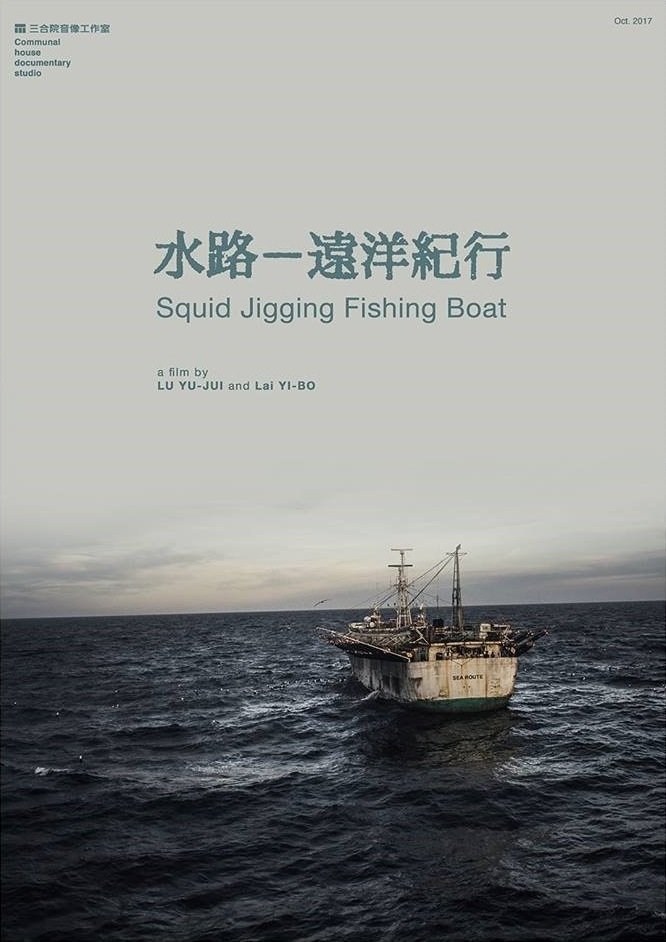
Every December to January, almost a hundred squid fishing boats from Ch'ien-chen Fishing Harbor in Kaohsiung will sail from East 120 to West 60 to work at Falkland Islands in the South West Atlantic. The sailing takes 35-40 days and crew members named it "waterway." January 1st, 2015, a 65 meter long, 11 meter wide fishing boat began its journey to Falkland island. This is a documentary about 60 crew members from south-east Asia to work far away from Taiwan.
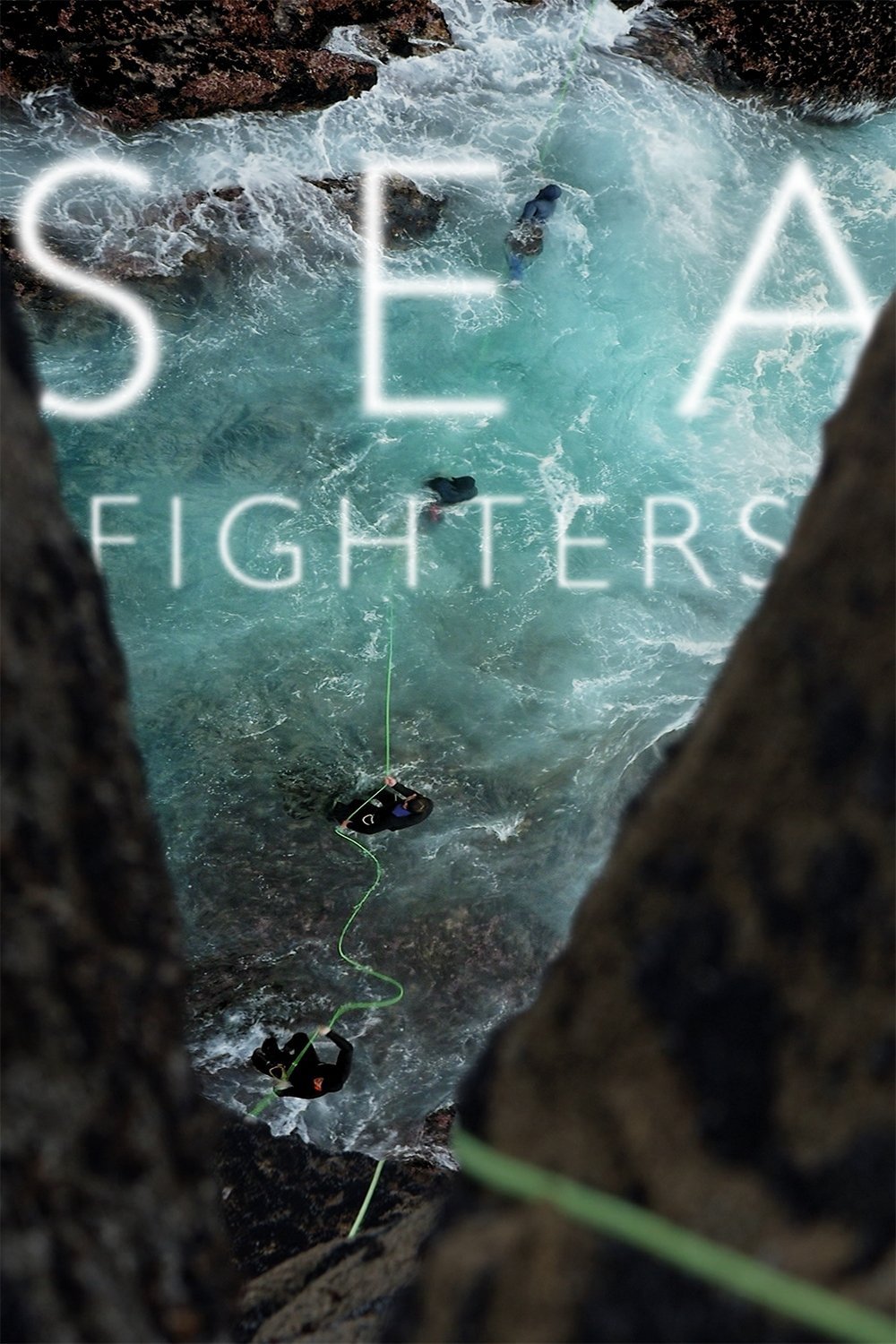
Living among the percebeiros of the Coast of Death (Galicia), this documentary shows a unique relationship between man and his surroundings, man and the sea. At the end of Europe, years after the Prestige oil spill disaster, these fishermen face an uncertain future.
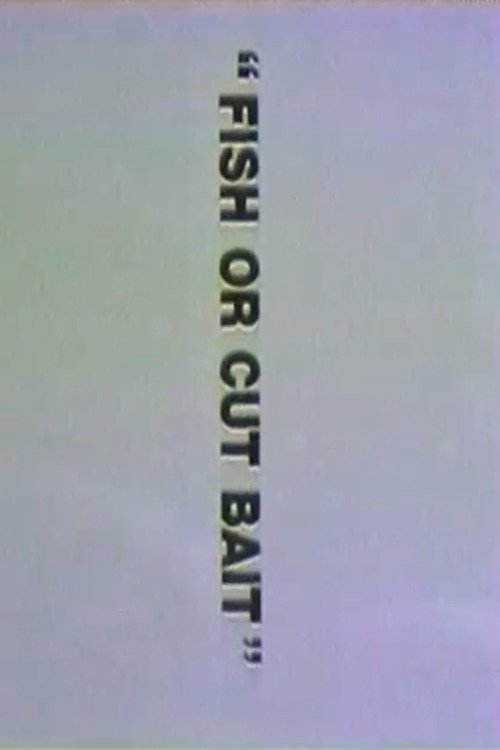
In the 1970's, filmmakers Tom Burger, Bill McKiggan and Chuck Lapp began documenting the history and current struggles of inshore fishermen in Atlantic Canada to form a union. Until 1979 it was illegal for fishermen to form a union in Nova Scotia. The committed funding from the National Film Board was withdrawn for this film, however the filmmakers continued to edit the film by entering the NFB at night. The CBC refused to broadcast the film, but it was finally released in 1990 and broadcast nationally that year on Vision TV.
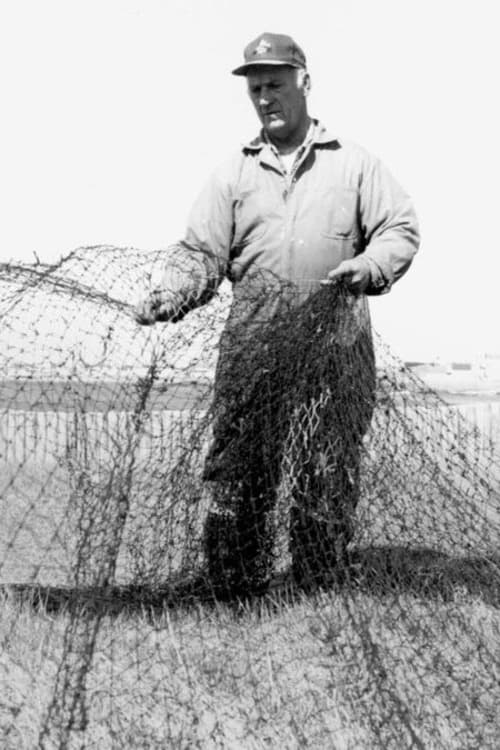
It was a way of life. It was the backbone of a society. And then the cod fishery off the east coast of Newfoundland collapsed. Taking Stock traces the history leading up to the crisis and the calling for a moratorium of the northwest Atlantic cod fishery. It presents the key players in this complex and tragic story, focusing on those who are now trying to come to grips with an uncertain future. How did the calamity happen? What signals did we ignore? Did we chose the right model in setting up an industry? Ultimately, Taking Stock holds a message for the Canadian as well as the global community: In trying to attain economic success, we must recognize that there are limits to how far we can exploit nature's delicate ecosystems.

In the summer of 2000, federal fishery officers appeared to wage war on the Mi'gmaq fishermen of Burnt Church, New Brunswick. Why would officials of the Canadian government attack citizens for exercising rights that had been affirmed by the highest court in the land? Alanis Obomsawin casts her nets into history to provide a context for the events on Miramichi Bay.
By browsing this website, you accept our cookies policy.